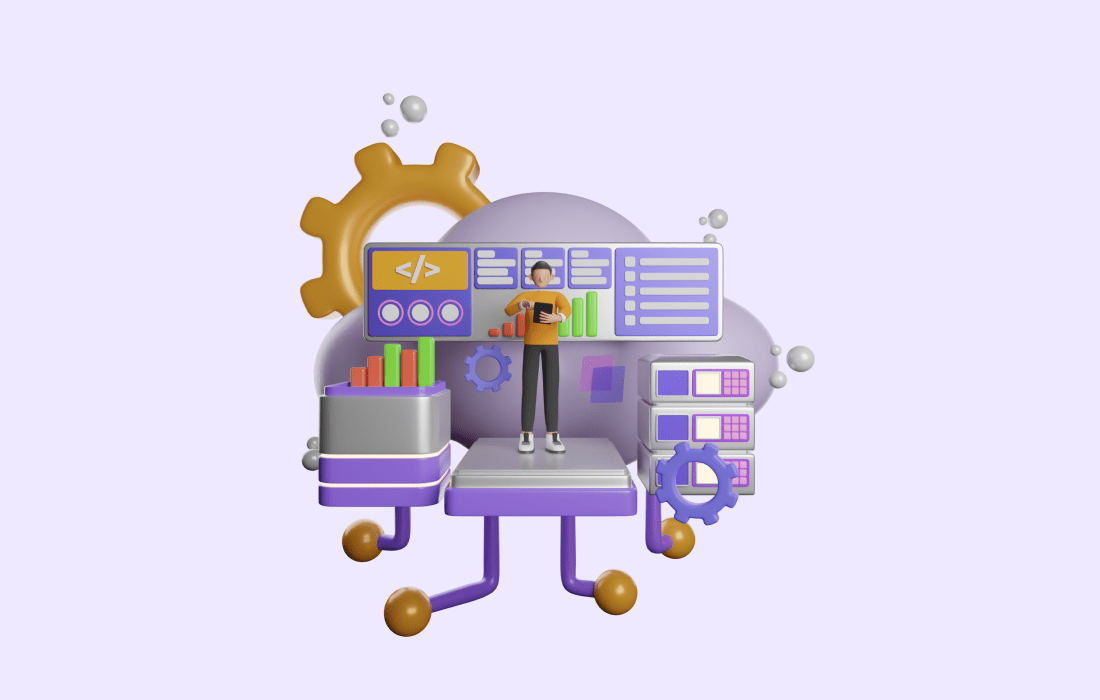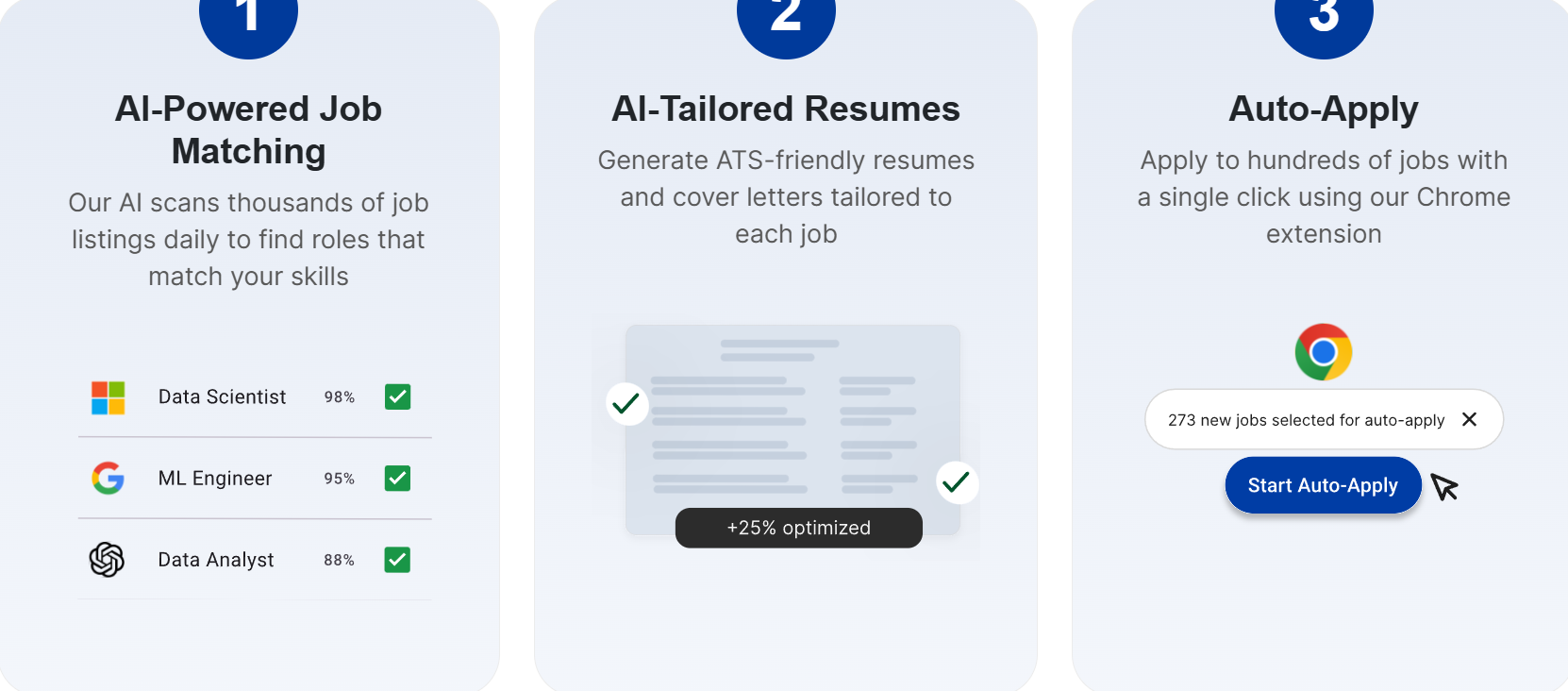5 Must-Have Ecommerce Personalization Tools for 2025

In 2025, customer expectations have reached new heights. Shoppers no longer settle for generic product suggestions or static homepages. They want experiences tailored to their preferences, behavior, and needs — in real time. That’s why ecommerce personalization has become a non-negotiable component of successful online stores.
Personalization doesn’t just improve user experience — it boosts conversion rates, increases average order value, and fosters long-term customer loyalty. To deliver these results, ecommerce brands are turning to powerful e-commerce personalization tools that leverage AI, machine learning, and real-time data to optimize the customer journey.
Whether you're a growing brand or a large-scale retailer, here are 5 must-have ecommerce personalization tools you should consider adopting in 2025.
1. Dynamic Yield – Real-Time Personalization Across All Channels
Dynamic Yield, a leader in personalization technology, enables brands to create individual experiences for each visitor. It uses real-time data to deliver targeted product recommendations, personalized banners, email content, and more.
Key Features:
-
AI-powered product and content recommendations
-
A/B and multivariate testing
-
Personalized search and merchandising
-
Audience segmentation with behavioral triggers
Why It’s Essential in 2025:
Dynamic Yield is ideal for omnichannel retailers looking to unify experiences across desktop, mobile, app, and email. As consumers move across devices, this tool ensures your messaging and product offers follow them intelligently.
2. Nosto – Ecommerce-Specific Personalization
Nosto is a personalization platform built specifically for ecommerce businesses. It integrates easily with platforms like Shopify, BigCommerce, WooCommerce, and Magento, offering pre-built modules for quick deployment.
Key Features:
-
On-site product recommendations
-
Personalized pop-ups and banners
-
Behavioral targeting
-
Category merchandising
2025 Advantage:
Nosto focuses heavily on automation, allowing ecommerce managers to deploy personalization strategies without deep technical knowledge. Its AI adapts in real time to shopper behavior, maximizing engagement with minimal manual effort.
3. Segment (by Twilio) – Customer Data Infrastructure for Deep Personalization
Segment isn’t a typical personalization tool — it’s a customer data platform (CDP) that enables unified, cross-platform data collection and analysis. It empowers brands to build advanced personalization strategies using behavioral, demographic, and transactional data.
Key Features:
-
Unified customer profiles
-
Real-time event tracking
-
Easy integration with analytics, email, and personalization tools
-
Audience segmentation and journey mapping
Why It Matters in 2025:
Personalization is only as powerful as the data behind it. Segment helps you build rich customer profiles that feed into your personalization engines, making recommendations smarter and more accurate across channels.
4. Algolia Recommend – Personalized Search & Discovery
Algolia Recommend brings advanced AI to search, product discovery, and recommendations. Built on the powerful Algolia search engine, it’s designed to provide lightning-fast results that feel intuitive and relevant.
Key Features:
-
Personalized search results
-
“Frequently bought together” suggestions
-
Contextual product recommendations
-
Deep learning-based ranking algorithms
Why It’s Crucial:
In 2025, fast and relevant product discovery is key to reducing bounce rates and cart abandonment. Algolia Recommend uses machine learning and real-time behavior to help shoppers find exactly what they need—faster.
5. Klaviyo – Personalized Email & SMS Automation
Klaviyo has become the go-to email and SMS marketing platform for ecommerce brands. It empowers businesses to create personalized email flows, triggered messages, and SMS campaigns based on customer actions and preferences.
Key Features:
-
Smart email segmentation
-
Triggered flows based on site behavior (abandoned cart, browse abandonment, etc.)
-
Personalized product recommendations in emails
-
Deep integration with ecommerce platforms
What Makes It Essential in 2025:
Klaviyo bridges the gap between on-site personalization and off-site communication. With privacy becoming more important, first-party data-driven messaging (like email and SMS) remains one of the most powerful and compliant ways to personalize user interactions.
Why Ecommerce Personalization Matters More Than Ever
Today’s consumers want more than transactions — they want relevant, timely, and thoughtful experiences. Personalization tools:
-
Increase conversion rates by showing the right products at the right time
-
Boost average order value through smart upsells and cross-sells
-
Drive customer retention by building stronger, more emotional brand connections
-
Improve email and ad ROI through targeted messaging
-
Reduce bounce rates and cart abandonment
According to McKinsey, businesses that excel at personalization generate 40% more revenue from those efforts than their peers. In 2025, personalization is no longer optional—it’s a growth accelerator.
Final Thoughts
Choosing the right ecommerce personalization tools for your business in 2025 depends on your store size, tech stack, and customer base. But the tools listed above—Dynamic Yield, Nosto, Segment, Algolia Recommend, and Klaviyo—offer proven results, scalability, and smart AI capabilities that meet the demands of today’s digital shopper.
To implement and optimize these tools effectively, partnering with a trusted e-commerce development company can ensure seamless integration, customization, and long-term success.
If you’re serious about ecommerce growth in 2025, investing in a powerful personalization strategy isn’t just smart — it’s essential.







